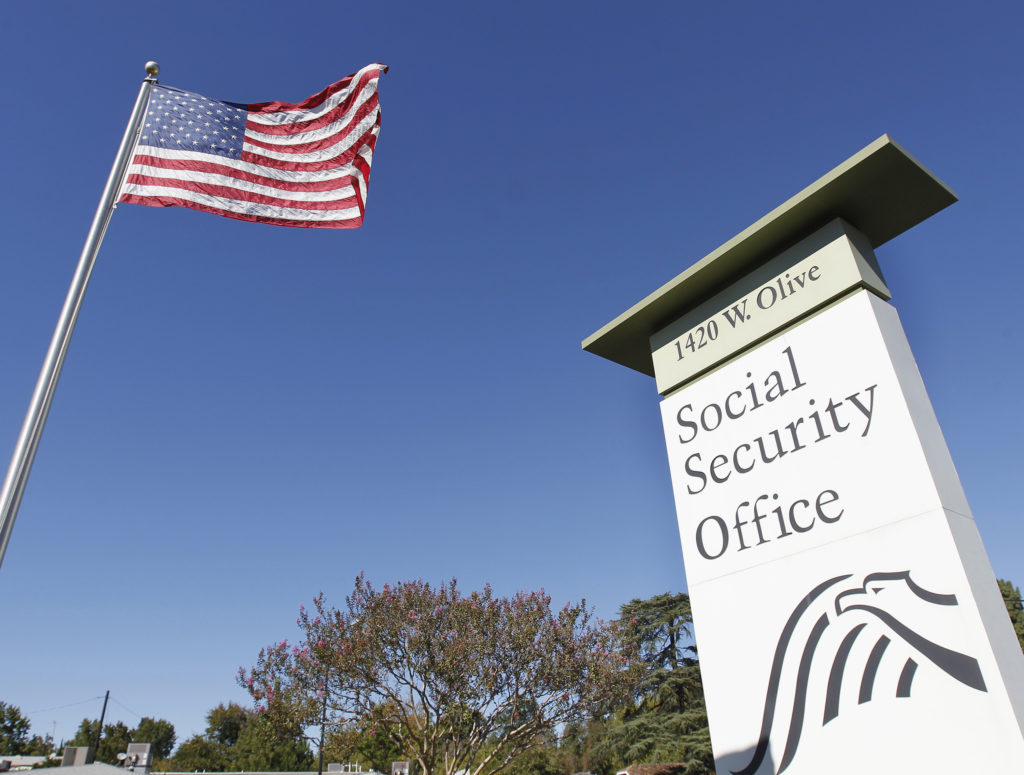
- Details
- By Levi Rickert
The Social Security Administration (SSA) announced on Wednesday it is implementing stricter identity verification measures, requiring millions of recipients and applicants to visit agency field offices instead of verifying their identity over the phone.
This rule change will reduce potential for fraudulent claims according to the SSA.
Beginning March 31, individuals will no longer be able to confirm their identity with the SSA via phone. Those unable to verify their identity through the agency’s “my Social Security” online service must visit a field office in person to complete the process, SSA officials announced Tuesday.
This policy will apply to new Social Security applicants as well as current recipients seeking to update their direct deposit information.
Access to Social Security benefits is a critical issue for Native American communities, as many individuals rely on programs such as Supplemental Security Income (SSI), Social Security Disability Insurance (SSDI), and retirement benefits.
The rule change may prove too problematic for many Americans, including Native Americans. Despite their importance, many Social Security offices have faced closures or staffing reductions, disproportionately affecting Native American communities.
Travel to the nearest office can be costly and time-consuming, particularly for those on reservations located far from urban centers. Without accessible in-person services, many individuals may forgo applying for benefits altogether, exacerbating economic and healthcare disparities.
Social Security benefits provide a vital source of income for many Native Americans, particularly elders and individuals with disabilities. According to the National Indian Council on Aging (NICOA), many Native seniors live below the poverty line and rely on Social Security as their primary source of income.
The intersection between Social Security and healthcare is particularly significant for Native communities. Many Native Americans receive healthcare through the Indian Health Service (IHS), but additional resources such as Medicare and Medicaid are critical for covering specialized treatments and prescriptions.
More Stories Like This
Native News Weekly (August 25, 2024): D.C. BriefsNavajo Nation Mourns the Passing of Former Vice President Rex Lee Jim
Deb Haaland Earns Endorsement From Communications Workers of America Local 7076
University Soccer Standout Leads by Example
Two Native Americans Named to Democratic Congressional Campaign Committee's“Red to Blue” Program
Help us defend tribal sovereignty.
At Native News Online, our mission is rooted in telling the stories that strengthen sovereignty and uplift Indigenous voices — not just at year’s end, but every single day.
Because of your generosity last year, we were able to keep our reporters on the ground in tribal communities, at national gatherings and in the halls of Congress — covering the issues that matter most to Indian Country: sovereignty, culture, education, health and economic opportunity.
That support sustained us through a tough year in 2025. Now, as we look to the year ahead, we need your help right now to ensure warrior journalism remains strong — reporting that defends tribal sovereignty, amplifies Native truth, and holds power accountable.
 The stakes couldn't be higher. Your support keeps Native voices heard, Native stories told and Native sovereignty defended.
The stakes couldn't be higher. Your support keeps Native voices heard, Native stories told and Native sovereignty defended.
Stand with Warrior Journalism today.
Levi Rickert (Potawatomi), Editor & Publisher


